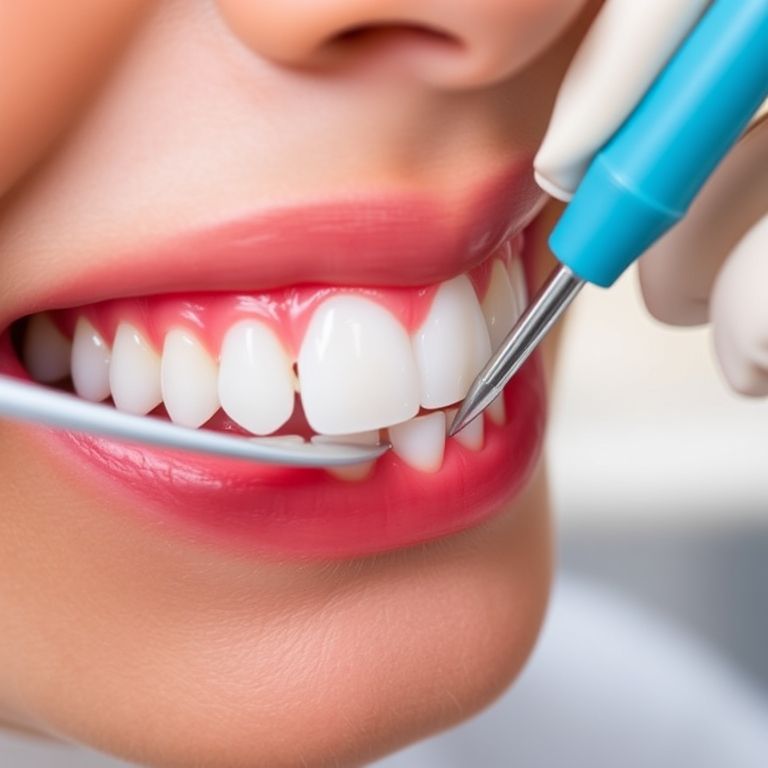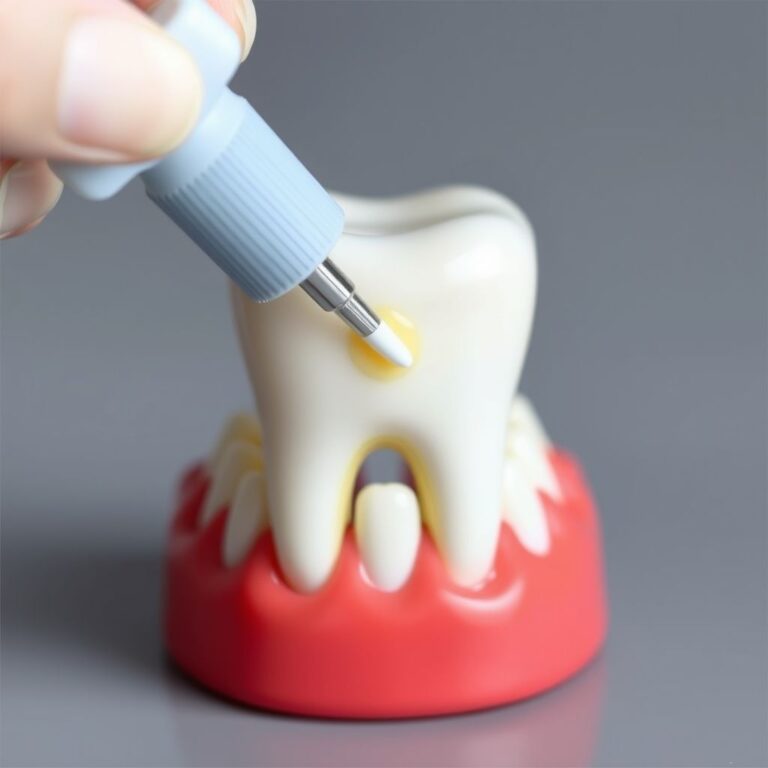The Comprehensive Guide to the Cost of Dental Fillings in Minneapolis
Dental fillings are one of the most common restorative procedures, helping millions of people repair cavities and prevent further tooth decay. However, the cost of dental fillings in Minneapolis can vary widely depending on the material used, the dentist’s expertise, and whether you have insurance coverage.
If you’re searching for affordable yet high-quality dental fillings in Minneapolis, this guide will break down everything you need to know—from average costs and insurance coverage to low-cost alternatives and how to choose the best dentist for your needs.
By the end of this article, you’ll have a clear understanding of what to expect financially and clinically when getting a dental filling in Minneapolis.
2. Types of Dental Fillings and Their Costs
Amalgam Fillings
-
Material: A mix of metals (mercury, silver, tin, copper).
-
Pros: Durable, long-lasting (10-15 years), cost-effective.
-
Cons: Visible silver color, contains mercury (safe but controversial).
-
Cost in Minneapolis: $100 – $250 per filling (without insurance).
Composite Resin Fillings
-
Material: Tooth-colored plastic and glass mixture.
-
Pros: Aesthetic, bonds well with teeth, good for small to medium cavities.
-
Cons: Less durable than amalgam (5-10 years), more expensive.
-
Cost in Minneapolis: $150 – $450 per filling.
Ceramic Fillings
-
Material: Porcelain-based, custom-made in a lab.
-
Pros: Highly aesthetic, stain-resistant, durable (15+ years).
-
Cons: Expensive, requires multiple visits.
-
Cost in Minneapolis: $300 – $600 per filling.
Gold Fillings
-
Material: Gold alloy (sometimes mixed with other metals).
-
Pros: Extremely durable (20+ years), biocompatible.
-
Cons: Expensive, noticeable metallic appearance.
-
Cost in Minneapolis: $500 – $1,000 per filling.
Glass Ionomer Fillings
-
Material: Acrylic and glass mixture, releases fluoride.
-
Pros: Good for children, fluoride release helps prevent decay.
-
Cons: Less durable (5 years), weaker than composite.
-
Cost in Minneapolis: $100 – $300 per filling.

3. Factors Affecting the Cost of Dental Fillings in Minneapolis
Several factors influence the final price of a dental filling:
-
Material Used (amalgam vs. composite vs. ceramic).
-
Size & Location of Cavity (front teeth vs. molars, one surface vs. multiple surfaces).
-
Dentist’s Experience & Location (upscale clinics vs. budget-friendly offices).
-
Insurance Coverage (PPO vs. HMO, percentage covered).
-
Additional Procedures (X-rays, anesthesia, deep cleaning).
4. Average Cost of Dental Fillings in Minneapolis
Comparison Table: Dental Filling Costs in Minneapolis
| Filling Type | Average Cost (Per Tooth) | Lifespan | Best For |
|---|---|---|---|
| Amalgam | $100 – $250 | 10-15 yrs | Back teeth, budget-conscious patients |
| Composite | $150 – $450 | 5-10 yrs | Front teeth, aesthetic needs |
| Ceramic | $300 – $600 | 15+ yrs | Long-term durability, natural look |
| Gold | $500 – $1,000 | 20+ yrs | High-stress areas, longevity |
| Glass Ionomer | $100 – $300 | 5 yrs | Children, small cavities |
5. Does Insurance Cover Dental Fillings?
Most dental insurance plans cover 50-80% of filling costs, depending on the material:
-
Amalgam: Often covered at 80%.
-
Composite: May be covered at 50-70% (considered “cosmetic”).
-
Ceramic/Gold: Higher out-of-pocket costs.
Uninsured? Look into:
-
Dental discount plans (e.g., Careington, Aetna Dental Access).
-
Sliding-scale clinics (e.g., Community Dental Care).
-
Dental schools (University of Minnesota School of Dentistry).
6. Affordable Dental Filling Options in Minneapolis
Low-Cost Clinics:
-
Minnesota Community Care – Offers sliding-scale fees.
-
United Family Medicine – Affordable dental services.
-
UDOS (University of Minnesota Dental School) – Discounted rates for student-performed procedures.
Payment Plans & Financing:
-
CareCredit – Medical/dental financing.
-
In-house payment plans (some clinics offer installment payments).
7. How to Choose the Right Dentist for Fillings
✅ Check Reviews (Google, Yelp, Healthgrades).
✅ Compare Prices (Call multiple clinics for estimates).
✅ Ask About Materials (Which filling type is best for your case?).
✅ Verify Insurance Acceptance (If applicable).
8. The Dental Filling Procedure: What to Expect
-
Consultation & X-rays – Identify cavity size/location.
-
Numbing the Area – Local anesthesia for comfort.
-
Removing Decay – Drill or laser to clean the cavity.
-
Filling Placement – Material shaped and hardened.
-
Polishing & Bite Check – Ensures smooth finish.
Recovery Time: Minimal (some sensitivity for 1-2 days).
9. Alternatives to Traditional Fillings
-
Inlays/Onlays – For larger cavities (more expensive).
-
Dental Bonding – Cosmetic fix for minor chips/cavities.
-
Sealants – Preventive coating for molars.
10. Maintaining Dental Fillings for Longevity
✔ Brush & Floss Daily – Prevent new cavities.
✔ Avoid Hard/Sticky Foods – Can damage fillings.
✔ Regular Dental Checkups – Detect wear early.
11. Common Myths About Dental Fillings Debunked
❌ “Amalgam fillings are unsafe.” – FDA confirms they’re safe.
❌ “Fillings last forever.” – Most need replacement in 10-15 years.
❌ “Only sugar causes cavities.” – Acidic foods and poor hygiene also contribute.
12. Conclusion
The cost of dental fillings in Minneapolis varies based on material, dentist fees, and insurance coverage. Amalgam is the most budget-friendly, while ceramic and gold offer durability. Uninsured patients can explore discount plans, community clinics, or dental schools for affordable care. Always consult a trusted dentist to determine the best filling option for your needs.
13. FAQs
Q: How much does a filling cost without insurance in Minneapolis?
A: Between $100 – $600, depending on the material.
Q: Does Medicaid cover dental fillings in Minnesota?
A: Yes, for children and limited adult coverage (emergency cases).
Q: How long does a dental filling take?
A: 30-60 minutes per tooth.
Q: Can I get a filling without drilling?
A: Laser or air abrasion may be options for very small cavities.
Q: Do white fillings cost more than silver ones?
A: Yes, composite resin is typically $50-$200 more than amalgam.


